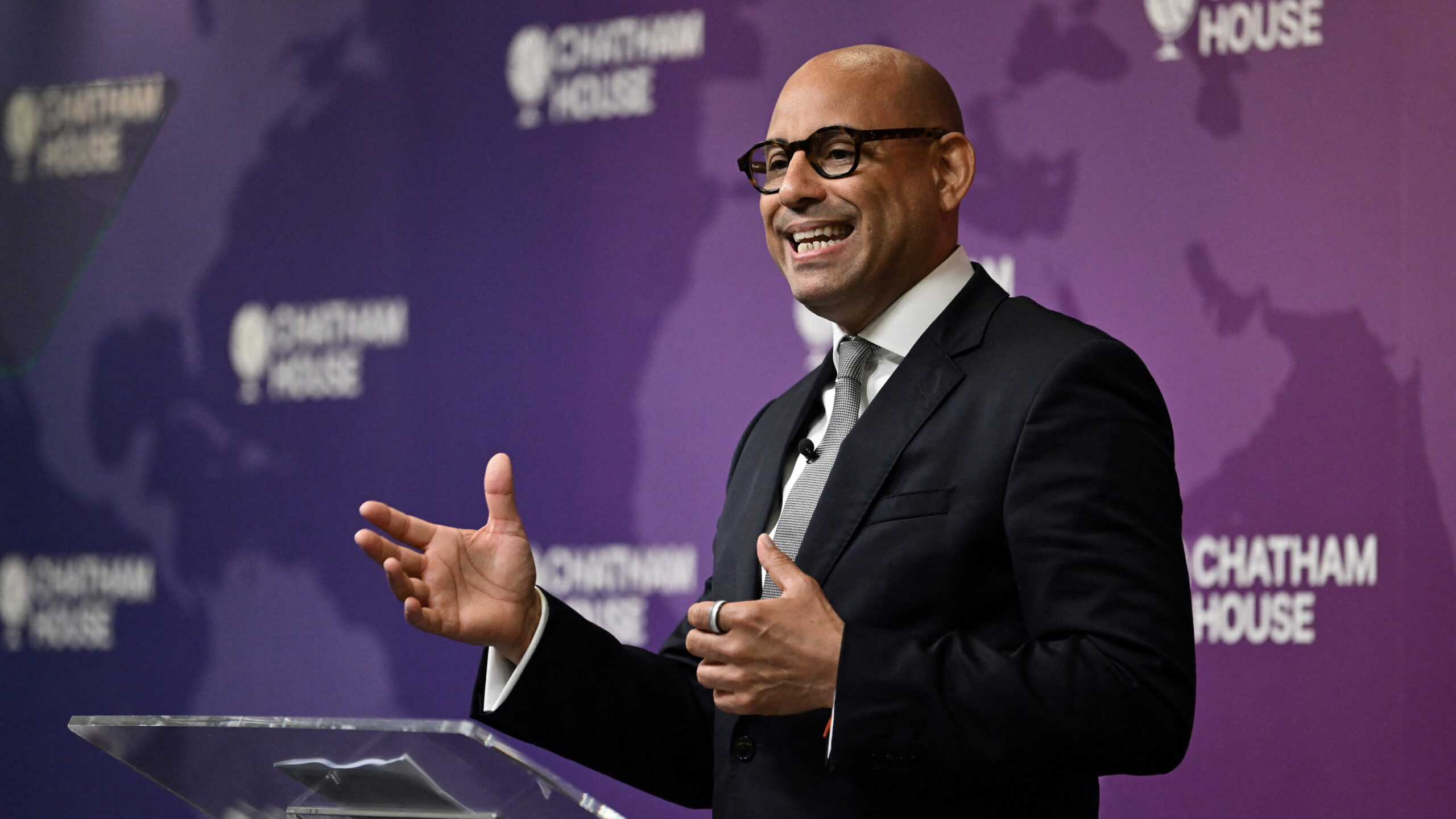

The latest edition of our Sustainable Views newsletter
Dear reader,
“So many reports on all aspects of ESG get published every week, but I always wonder how effective they are,” writes one reader of this newsletter. “Do they have an impact on public policy, business decisions or public sentiment?” A very good question, indeed, and one that is hard to measure.
Deciding what does and doesn’t engender change can be difficult. Yesterday, Simon Stiell, executive secretary of UN Climate Change, gave a speech in London titled “Two years to save the world”, calling on everyone to demand “bolder climate action”. Some journalists repeated Stiell’s words as yet further proof the window to avoid the worst impacts of climate change is fast closing. Others, however, questioned his framing, asking whether it was counter-productive to set such an unscientific, action film-type, deadline.
Whether emissions increase or decrease, the world is unlikely to blow up because of a lack of climate action in the next 24 months. And what happens when the world is still there in two years? Do we conclude the urgency to save the world wasn’t as great as Stiell suggested and we can sit back and relax? Does such framing play into the hands of doomers, who claim it is too late to do anything about climate change?
The use of language around climate change is a big subject of discussion in Brussels. As I reported in yesterday’s missive, a leaked version of the proposed EU strategic agenda for 2024-2029 barely mentions climate change per se, but it does discuss “accelerating the energy transition” and “developing a more circular and resource-efficient economy”.
Laura Shields, an experienced Brussels-based media trainer, writes on LinkedIn: “The most important skill for EU lobbyists over the next five years will be the ability to speak fluent EPP [European People’s party]. With the conservatives predicted to win the most seats in a right-shifting parliament, they are almost certain to be at the centre and hold the balance of power. Even (especially) if you are lobbying on climate and environment issues, you’ve got to frame your arguments in the language that resonates with them.” Such language, she says, includes terms like “industrial strategy”, “competitiveness” and “energy security”.
Over coffee this morning, I asked Gabriela Figueiredo Dias, chair of the International Ethics Standards Board for Accountants, how she viewed the apparent pushback in the EU and elsewhere against ESG. The IESBA is working to finalise its ethics and independence standards for sustainability reporting and assurance by the end of 2024.
Her answer? Sustainability has become “business as usual and so it does not need to be in the newspapers every day”. Even the “worst” companies have taken steps on sustainability, says Figueiredo Dias, and while she agrees the pace may become “less intense”, given the regulations in place, not least the EU’s mandatory reporting requirements and where the discussion is globally, “I don’t believe we will go backwards”.
So, the key question is whether climate goals can be reached without talking about the elephant in the room. Are sustainability, the clean energy transition and the move towards a circular economy the new normal, and their achievement best achieved through business sense and security arguments rather than scary speeches about the end of the world?
Whether the US Securities and Exchange Commission’s climate disclosure rule will ever become business as usual remains to be seen. Elizabeth Meager has spoken to various lawyers to get their take on what happens next. But whatever the final outcome, Covington & Burling securities lawyer David Fredrickson says he is advising his clients “to reflect and think: if we had to do this, what would it require?”
Finally, the Sustainable Views team has delved into some more of those reports for you (do let us know if they influence your thinking!).
German non-profit Future Matters suggests the EU should support low and middle-income countries in their transition to a renewable energy system through a new climate fund; analysis from Friends of the Earth US and Oil Change International reveals G20 governments’ and multilateral development banks’ spending between 2020 and 2022 on fossil fuels compared with clean energy; while the “Healthy buildings barometer 2024” from the Buildings Performance Institute Europe argues EU member states should incorporate “holistic” sustainability and social impact measures when transposing the EU Energy Performance of Buildings Directive into national law.
Until tomorrow,
Philippa
Philippa Nuttall is the editor of Sustainable Views
Similar Articles

Editor’s note: inconvenient truths

Editor’s note: winds of change


